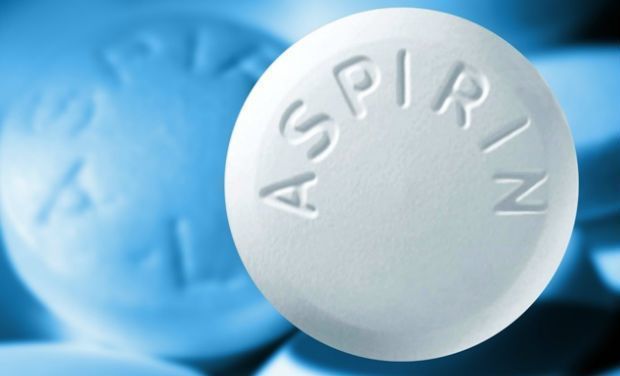New Findings Change Aspirin-a-Day Guidelines
Our concierge family practice doctors in Jupiter understand the temptation to pop a pill—whether a prescription medication or a supplement—to stay healthy, instead of following more difficult suggestions regarding exercise and diet.
And to be sure, the long-standing belief that taking a daily low-dose aspirin can prevent heart attacks has some scientific basis for those who’ve already suffered a heart attack. In addition, some earlier research did seem to support daily aspirin use for reducing the risk of numerous cancers as well as Alzheimer’s disease.
Latest findings
But the good thing about science in general and medical research in particular is that researchers are constantly reviewing and refining established knowledge. In the case of the aspirin-a-day approach, for example, several new studies in the last year have challenged the practice of taking a low-dose (81 mg.) aspirin to prevent cardiovascular disease (CVD). And this month the American College of Cardiology (ACC) and the American Heart Association (AHA) released new guidelines recommending against the use of daily low-dose aspirin, based on these studies.
One study published last month in the Journal of the American Medical Association (JAMA), for example, found that people without heart trouble who took a daily dose of aspirin had a lower risk of heart attack, stroke, and death. These benefits, however, were canceled out by the increased risk of bleeding in the intestinal tract or the brain, which can often be deadly.
Researchers in that study performed a meta-analysis of 13 studies that included 164,225 participants, none of whom had CVD when the studies began.
“For every 256 patients treated with aspirin for five years, one heart attack, stroke or death from cardiovascular disease would be prevented,” Dr. Sean Zheng, lead author of the study and and academic clinical fellow in cardiology at King’s College Hospital in London, told CNN. “On the other hand, for every 210 patients treated with an aspirin over the same period, one would have a serious bleeding event.”
“This calls into question the net benefit of taking aspirin, and whether people who have not previously had cardiovascular disease should take aspirin,” Zheng said.
Another study published last fall in the New England Journal of Medicine (NEJM) reported similar results, even finding that older patients experienced no health benefits at all from daily aspirin use. These and other recent studies are what led to this month’s revised recommendations from the AHA/ACC.
“We knew there would be an increased risk of bleeding with aspirin, because there has always been,” recommendations co-author Dr. Anne Murray told NBC News. “But not only did it not decrease risk of disability or death, it did not decrease the risk of heart attack and stroke, and there was an increase in the rate of death.” Murray is also a geriatrician and epidemiologist at the Hennepin Healthcare Research Institute and the University of Minnesota, Minneapolis.
In their statement, the AHA/ACC advised against taking a preventive aspirin a day, saying it may actually cause more harm than good.
“We’re talking about healthy people who don’t have known heart disease or stroke, who might have been considering or [are] already taking an aspirin to prevent that heart attack or stroke in the first place,” said Dr. Erin Michos, another of the authors of the new AHA/ACC guidelines.
The AHA stressed that the new recommendations do not apply to people who have already had a heart attack or stroke, or who have undergone such procedures as receiving a coronary artery stent or bypass surgery. But for the elderly (people over 70) and those with a high risk of internal bleeding, the AHA cautioned that “aspirin may do more harm than good, but there are no absolutes, so these decisions need to be tailored to individuals.”
Another co-author of the revised recommendations suggested that doctors might advise their patients who have a strong family history of heart disease to take a daily aspirin. This could also apply to those whose tests reveal considerable plaque build-up in their arteries. But for those with a low or moderate risk, lifestyle changes could have a more salient effect.
“Eat a heart-healthy diet, get regular physical activity, control blood pressure and control cholesterol,” Michos said. “If [people] need a statin, take it. Those are much more important when compared to recommending aspirin.”
As with so many other over-the-counter remedies, we always recommend you check with us before taking them. Each person is different and their needs and sensitivities are also different. We can help determine the best course for you.

